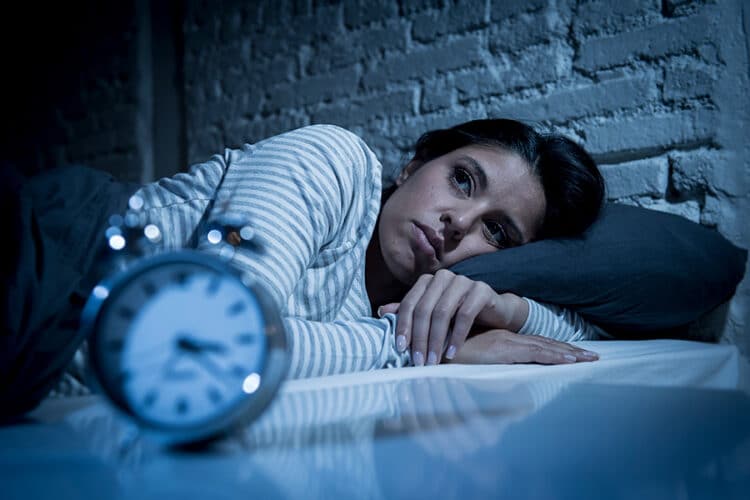Sleep is an absolutely necessary aspect of life and should a person find it challenging to sleep, there could be many reasons for this. The body recharges during sleep and if you do not get enough quality sleep, this will cause problems. Insomnia is the inability to sleep and there could be many reasons for this.
Causes of insomnia
The causes of insomnia include the following:
- Jet lag
- Irregular sleep hours
- Pregnancy
- Overworked
- Medication
- Mental health conditions
- Stress
- Substance abuse
- Chronic pain
The conscious mind seems to have a mind of its own and some people can’t seem to switch off when it comes to time for sleep and if this is not addressed, a person would exhibit certain symptoms.
Typical symptoms of insomnia
Typical symptoms include:
- Waking up at regular intervals during the night.
- Constant fatigue.
- Irritation and anger issues.
- Restless leg syndrome.
- Inability to get to sleep.
Potential treatments for insomnia
As there could be many different causes, treatment options also vary and may include the following:
- Medication – Medication can be used to treat insomnia.
- Mental health counselling – If stress is the cause, talking to a certified mental health counsellor can alleviate the symptoms.
- Bedding – Using mattress toppers can assist in sleeping.
- Homeopathic treatments – Yoga, hypnosis and aromatherapy can be used to treat insomnia.
The best solution is to consult with your doctor if you are having difficulty sleeping; providing the condition has been present at least 3 months. Stress can sometimes cause temporary insomnia and when the stress is no longer there, regular sleep returns.
Sleep Apnea
Sleep apnea is a breathing disorder that affects sleep; while the person is sleeping, the airway can become blocked and this automatically wakes the person. Indeed, it is common for the person to be unaware they have an issue, especially if they sleep alone, as no one is there to witness the repeated awakenings. Once diagnosed, home tests can be carried out to ensure there is an issue, then treatment can be discussed.
Tips to prevent insomnia
The following can help to prevent insomnia:
- Avoid taking naps
- Avoid alcohol, tobacco and caffeine
- Avoid eating shortly before sleep
- Take daily exercise
- Try to stick to a regular sleep routine
- Control light exposure at bedtime
If a person does not get adequate sleep, they will likely become irritable and drowsy at times and their general demeanour would be affected.
Quality bedding
Some people try to save money when it comes to buying a bed; a cheap mattress isn’t going to help you to get a sound night’s sleep, whereas a quality mattress and topper will provide the right support and that should be enough to ensure you have adequate quality sleep in order to perform at your best.
We hope this information helps you to gain a deeper understanding of insomnia.
Ellen Hollington is a freelance writer who offers to ghostwrite, copywriting, and blogging services. She works closely with B2C and B2B businesses providing digital marketing content that gains social media attention and increases their search engine visibility.

